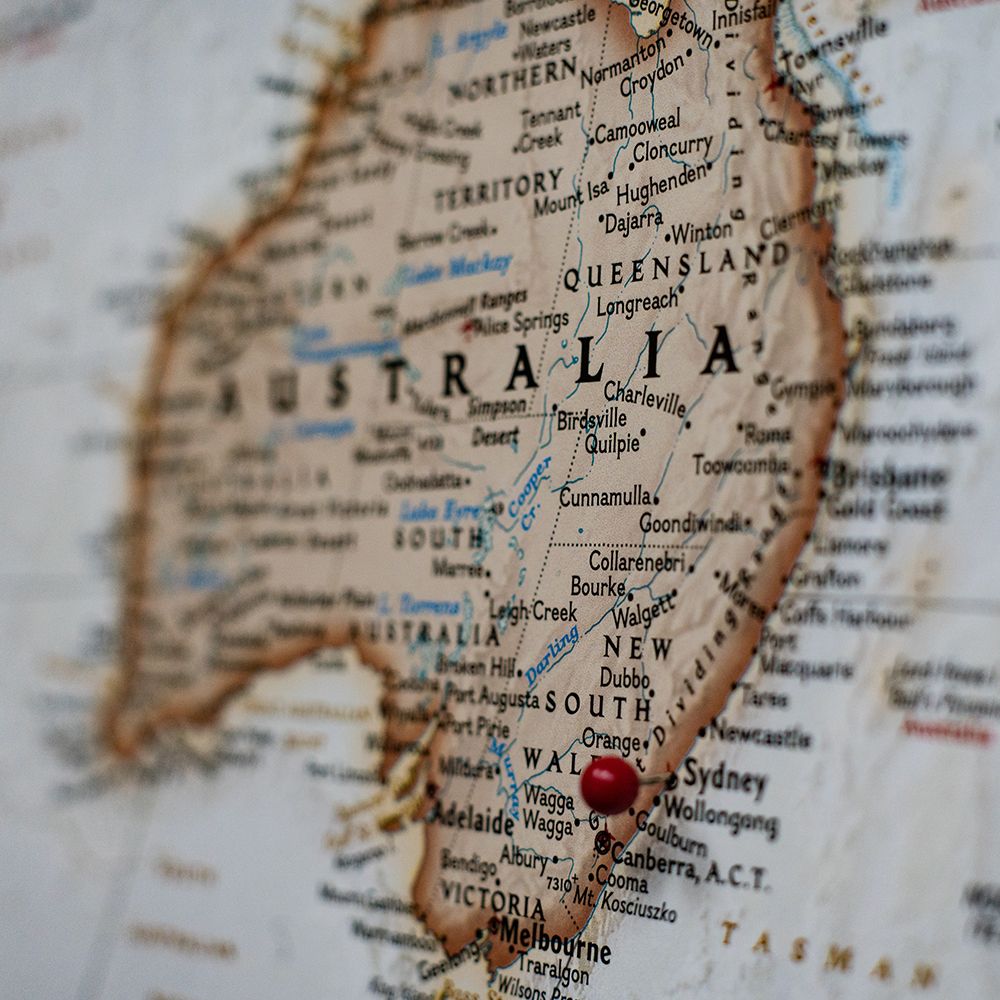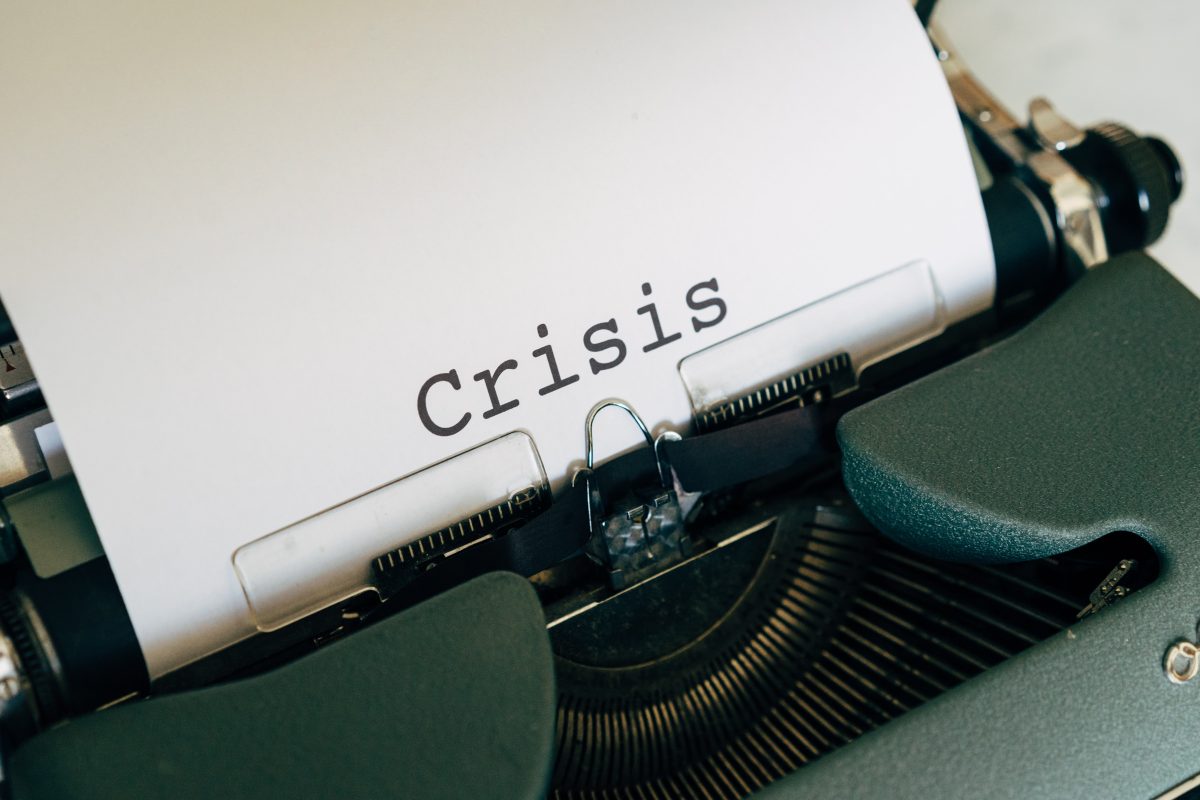The Pirahã language spoken by the Pirahã people in the Amazon rainforest, is known for its intriguing absence of numbers or number words. In Pirahã, there are no words for numbers; instead, speakers use relative terms like ‘few’ or ‘many.’


The Pirahã language spoken by the Pirahã people in the Amazon rainforest, is known for its intriguing absence of numbers or number words. In Pirahã, there are no words for numbers; instead, speakers use relative terms like ‘few’ or ‘many.’

Did you know that the Hawaiian language features a concise alphabet consisting of just 13 letters? Known as Ka pīʻāpā Hawaiʻi, this alphabet includes five vowels (a, e, i, o, u) and eight consonants (h, k, l, m, n, p, w, ʻokina). The Hawaiian writing system is phonetic – each letter corresponds to a sound.
Additionally, the Hawaiian language incorporates diacritical marks such as the kahakō (macron), used to indicate vowel length, and ʻokina (glottal stop). These are not counted as separate letters though!

Australia once flourished with an astonishing variety of nearly 250 distinct Indigenous languages. However, only around 13 of these languages remain in common use today. The impact of colonisation on Indigenous languages underscores the urgent need to protect and honour this remarkable cultural heritage.

Did you know that the Chinese word for “crisis” (危机) is composed of two characters, one meaning “danger” (危) and the other meaning “opportunity” (机)? While there is some debate over the interpretation of the second character, it generally carries connotations of a favourable or advantageous moment in time. This concept of finding opportunity in difficult circumstances can be a powerful motivator for personal growth and business strategy.

The Welsh language, which is spoken in Wales, is home to Europe’s longest place name, “Llanfairpwllgwyngyllgogerychwyrndrobwllllantysiliogogogoch.” This village is situated on the island of Anglesey in North Wales, and its name translates to “St. Mary’s Church in the hollow of the white hazel near a rapid whirlpool and the church of St. Tysilio near the red cave.” The name was coined in the 19th century as a publicity stunt to draw visitors to the village, and it remains a popular tourist destination. Though it can be quite challenging to pronounce, it is a source of pride for many Welsh speakers who take pride in their language and culture.